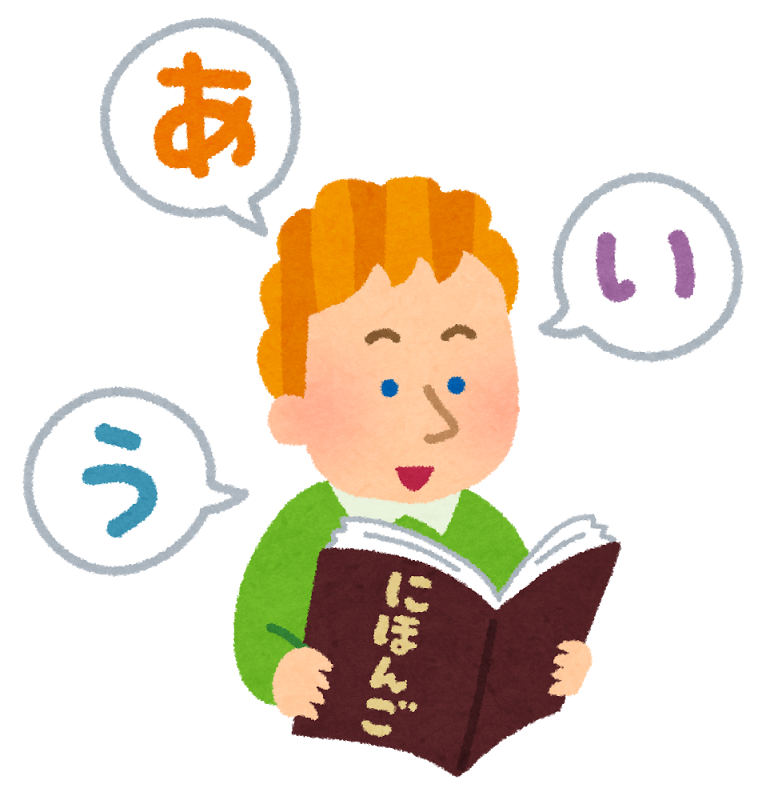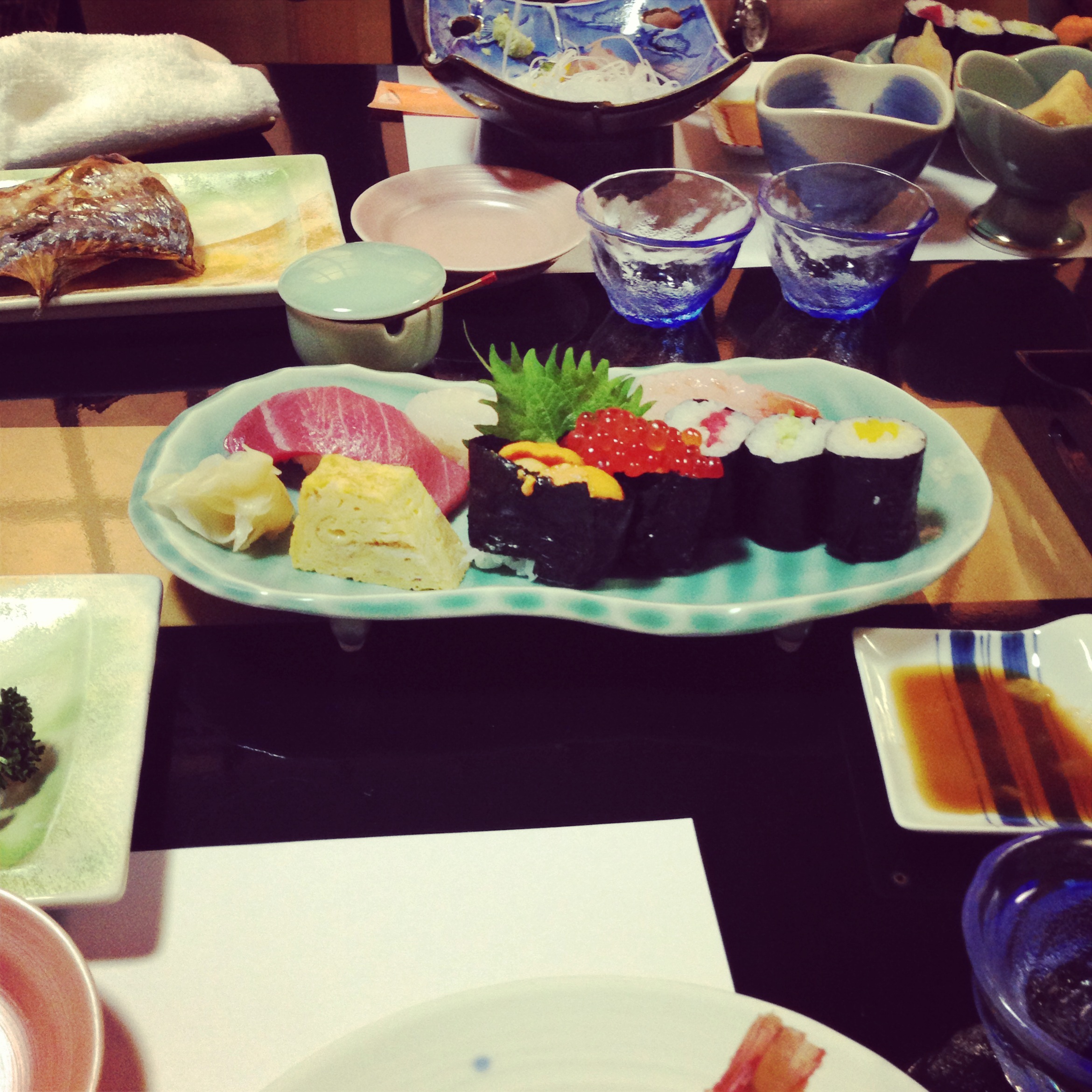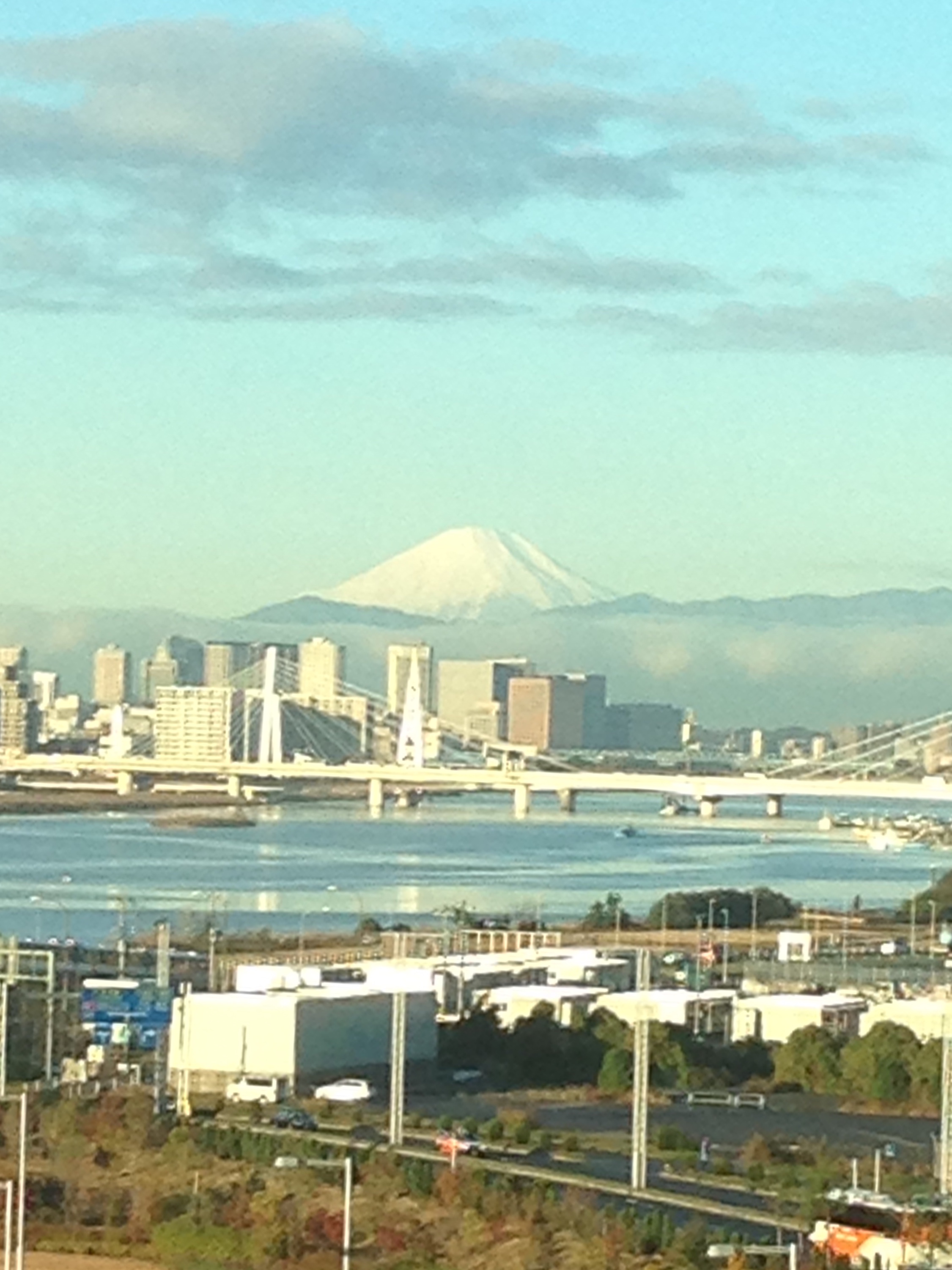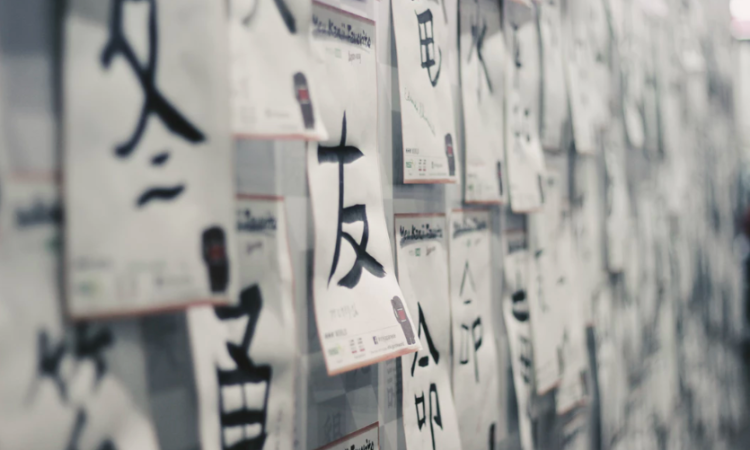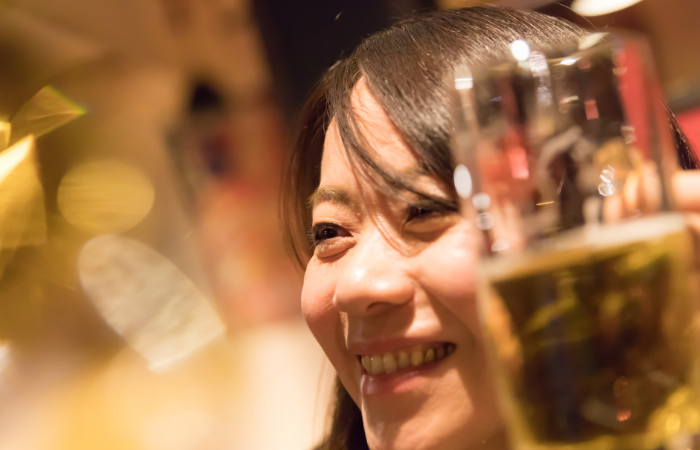This post is also available in:

Welcome to Japan!
Whether you have already arrived in Japan or you are still packing at home, you must be excited about living in Japan.
To live and study in Japan as a student, you might have been learning Japanese for some time, but as you may have noticed, Japanese is quite ambiguous, also there are many Japanese-specific phrases which don’t make sense when you translate them into English or other languages directly.
But you will hear these Japanese-specific phrases very often at school or when you chat with your friends, and you will realize that we use them a lot, as well as how useful they are, so it is good for you to remember these phrases and know how and when to use them.
Here are some useful phrases you will hear and can use often. These phrases will help you to communicate with people and make more friends once you remember the meanings and how to use them.
Otsukaresama (desu/deshita)
If you translate it into English directly, this means “You must be tired”.
We usually say this phrase to people who finish work and leave the office, or to people who have had a long day.
You can use this phrase when your friends or family come home from work or school as well.
Basically this is an expression for appreciation, and people normally reply by saying ‘Thank you’ or ‘Otsukaresama’ in return.
When you speak to people who are older than you, or to whom you are not that close, you can add the word “desu/deshita” which makes it sound more polite.
Example:
A: Kaerimasu. (I’m going home now.)
B: Otsukaresama.
A: Arigatou. (Thank you.)
Gokurousama (desu)
If you translate it into English, this means “Thank you for your hard work”.
This has a meaning similar to Otsukaresama, but you should not use this phrase for people who are older than you.
Basically, you will hear the phrase from your boss or teacher when you have worked for them and finished the work.
Adding “desu/deshita” at the end makes it sound more polite.
Example:
A: Shiryou wo insatsu shimashita. (I printed the documents for you.)
B: Gokurousama.
Osewa ni narimasu
If you translate it into English directly, this means “Please look after me”.
How awkward it sounds in English!
But this phrase is often used in business settings, and you will find this phrase in letters and emails as well.
Also you can use this phrase before or after telling your name when you make a phone call at work.
The meaning of this phrase is similar to the meaning of “nice to meet you’” (Hajimemashite), but you can use this phrase when you meet someone who have met many times.
Example:
A: Osewa ni narimasu. XX desu. (This is XX.)
B: Osewa ni narimasu.
Itadakimasu
If you translate it into English directly, this means “I will have this”.
This is the phrase used before you have a meal or drink at home.
Also you can use this phrase when you are offered a drink or meal.
Basically this is a phrase by which you express your gratitude toward the person/people who have cooked the meal.
A: Gohan desuyo. (Dinner is ready.)
B: Itadakimasu.
Gochisousama (deshita)
If you translate it into English directly, this means “Thank you for the meal”.
Gochisou means ‘delicious meal’, but Gochisousama is an expression used after the meal, whether the meal was good or not.
This is the same as Itadakimasu, in that it is an expression by which you express your gratitude toward the person who prepared the meal.
If you add ‘deshita’, it makes you sound more polite.
Example:
A: Oishikatta? (Did you enjoy the meal?)
B: Hai, (Yes,), Gochisousamadeshita.
Ojamashimasu
If you translate it into English directly, this means “I will disturb you”.
This is a phrase which is used when you go into someone’s house or room.
This is similar to ‘May I come in?’ but this is not an expression for asking permission.
Example:
A: Douzo Ohairikudasai. (Please come in.)
B: Ojamashimasu.
Doumo
Doumo is normally used as Doumo Arigatou Gozaimasu, which means ‘Thank you very much”.
But we say just “Doumo” often when we mean “Thank you”.
It can also mean “Hi” when you are chatting with your friends.
Example1:
A: Hai, douzo. (Here you are.)
B: Doumo.
Example2:
A: Konnichiwa. (Good afternoon.)
B: Doumo.
This is a colloquial expression, and it is better to avoid using it in letters or emails.
But you will use it a lot when you chat with your friends.
How do you feel about using these phrases?
A lot of Japanese speak and understand English, but it is still better if you speak and understand Japanese to live in Japan.
These phrases are very useful and used often here.
I hope these Japanese-specific phrases will help you with your life in Japan!
Kumi/Japan

